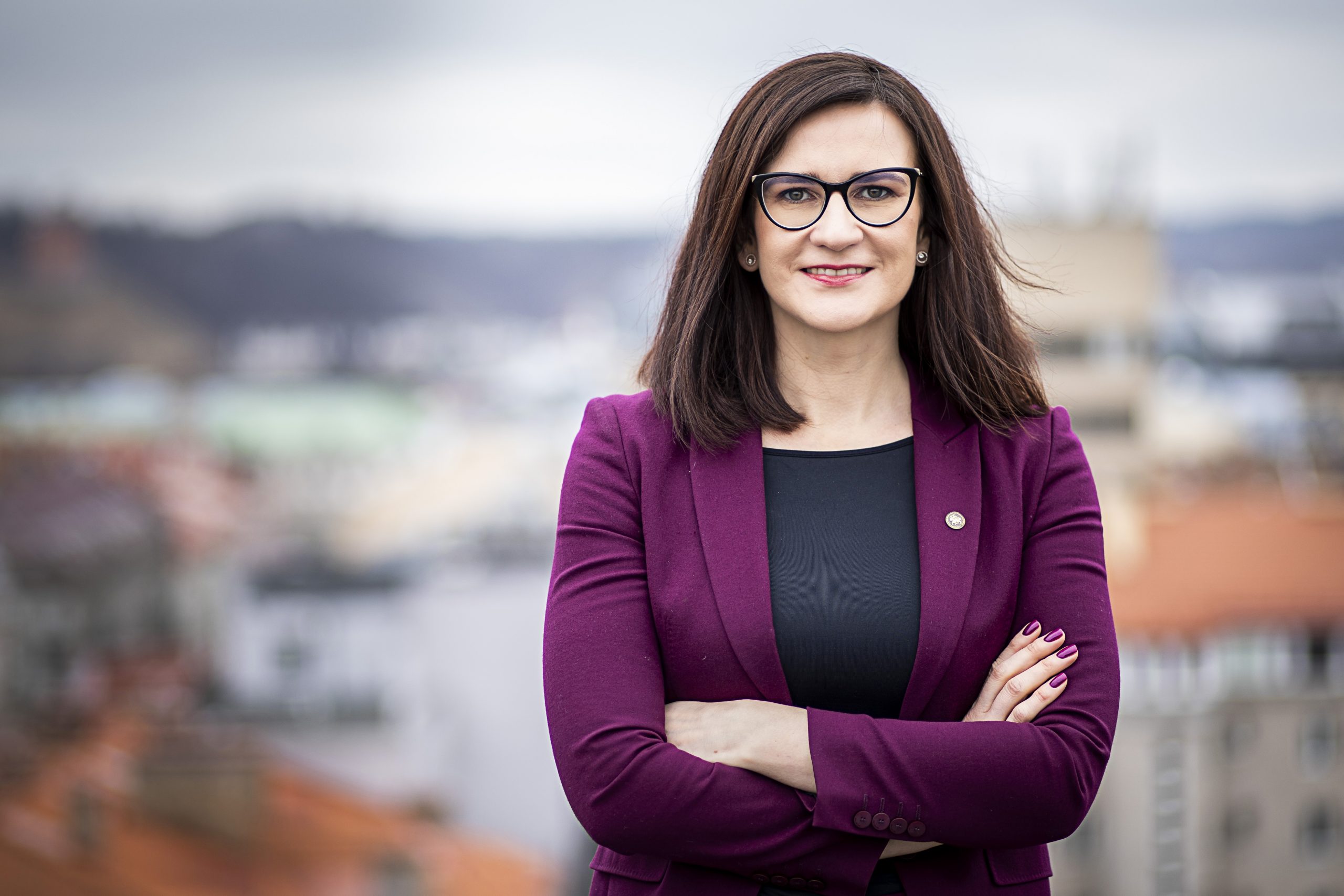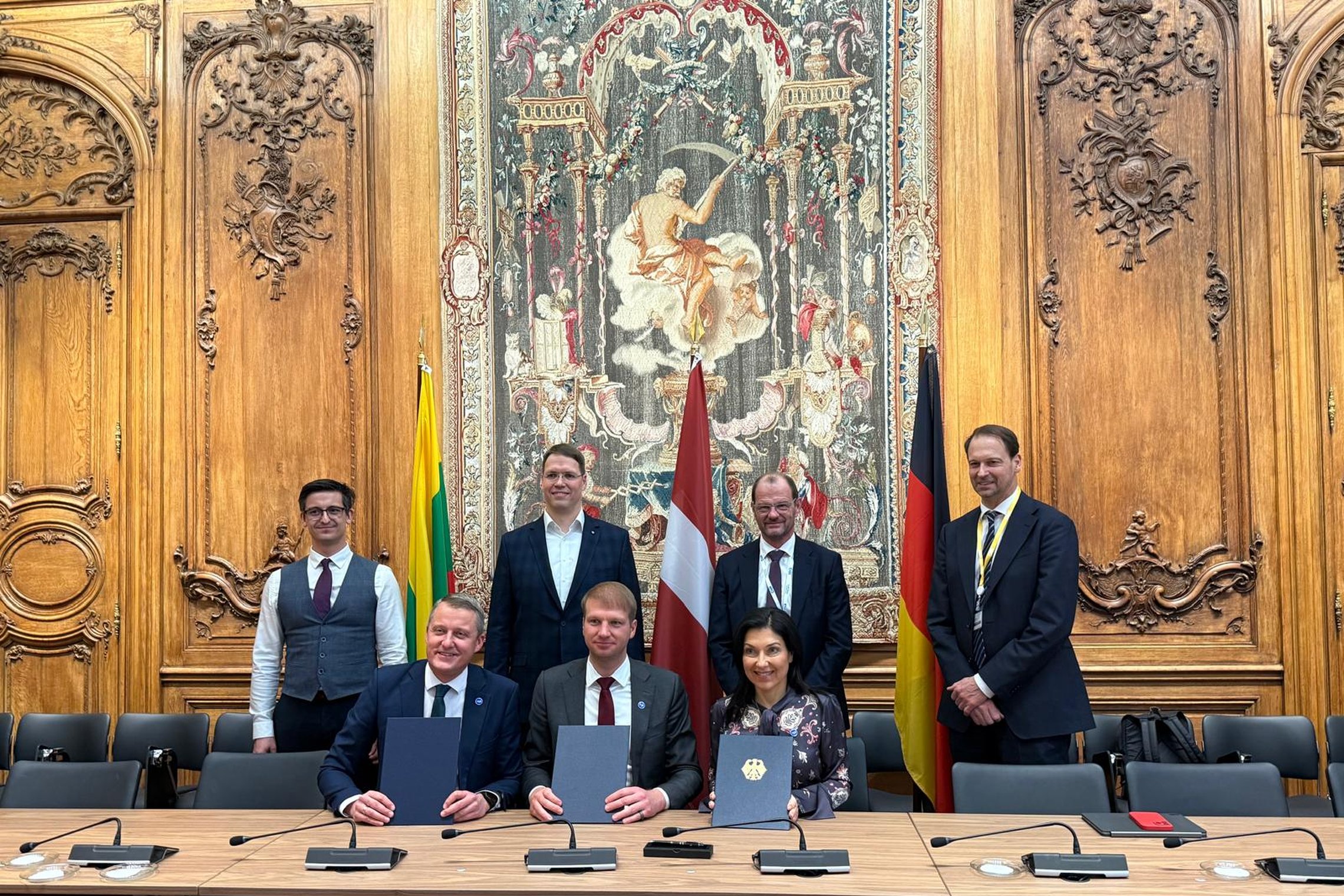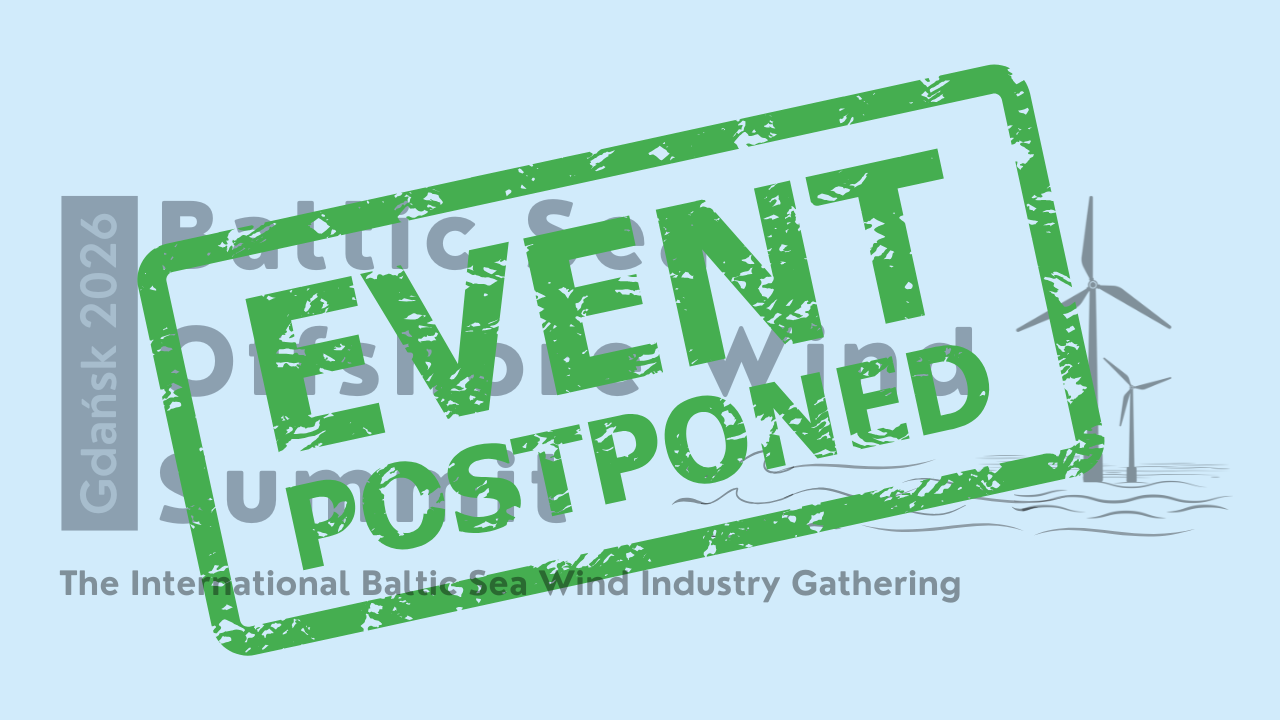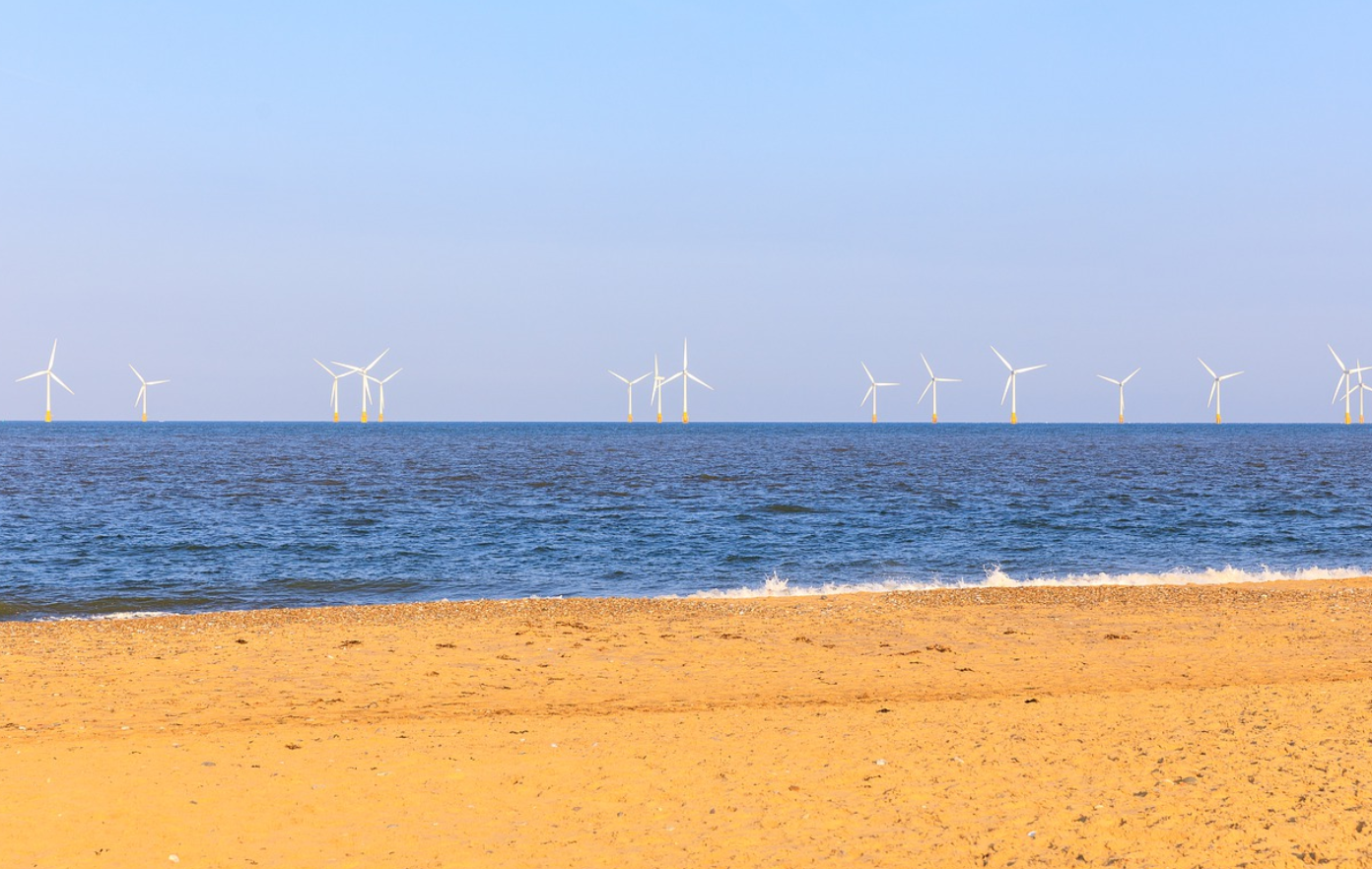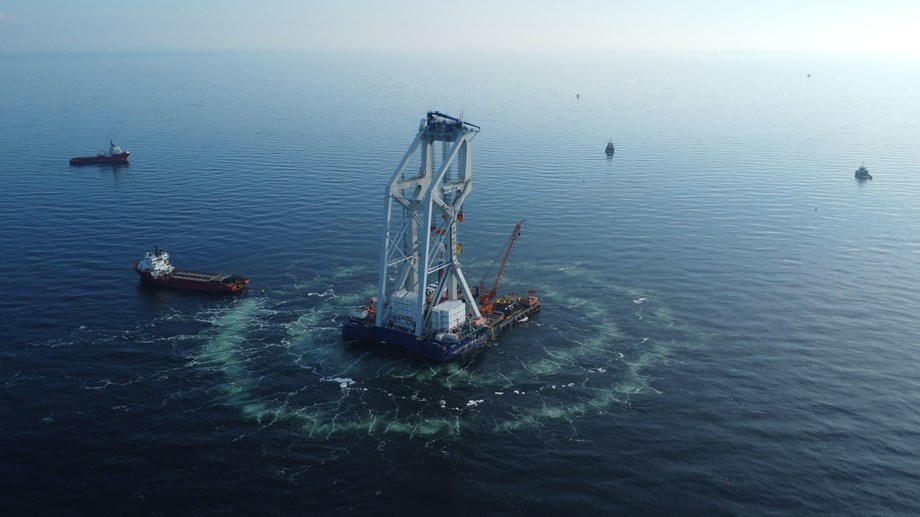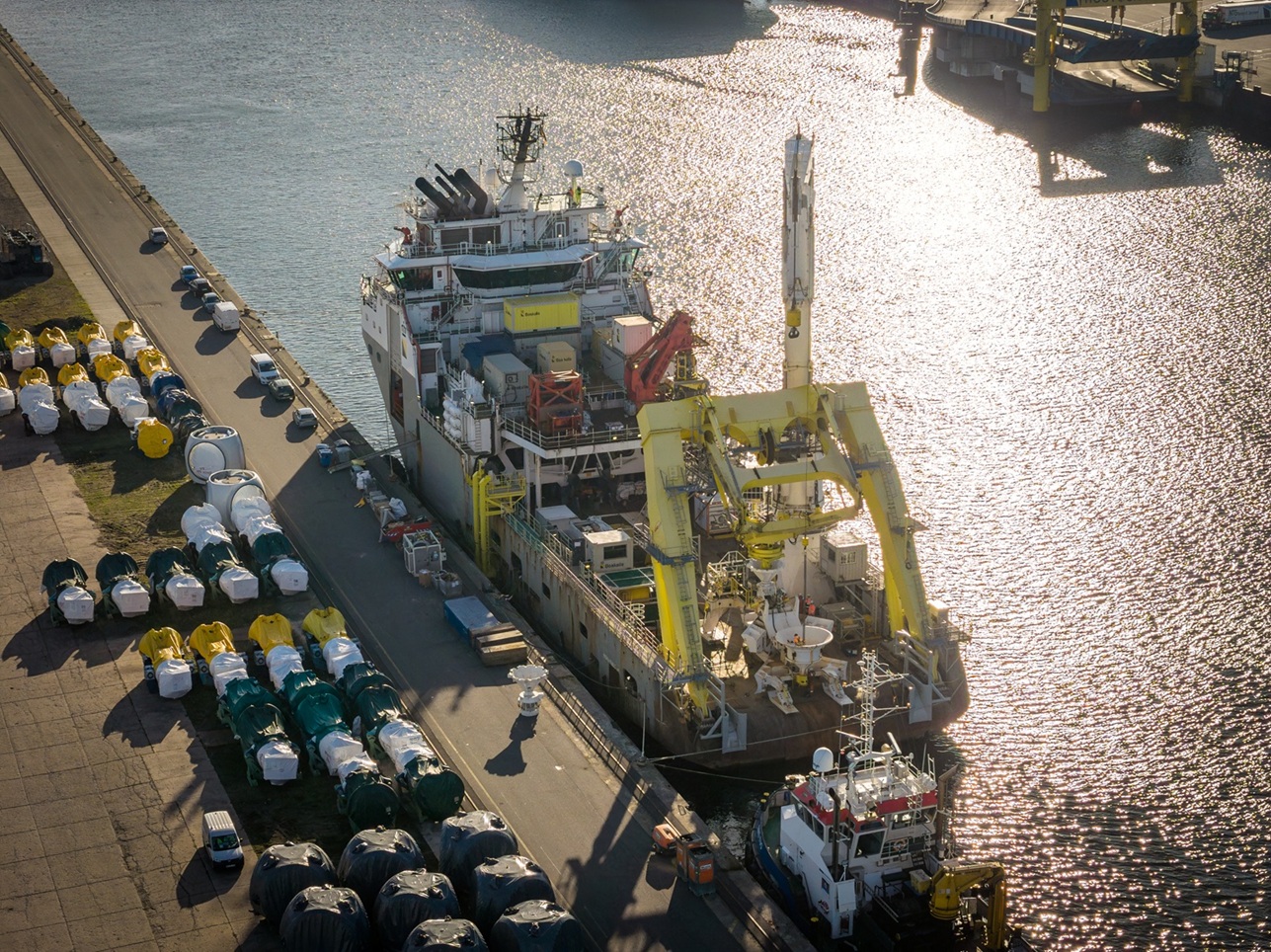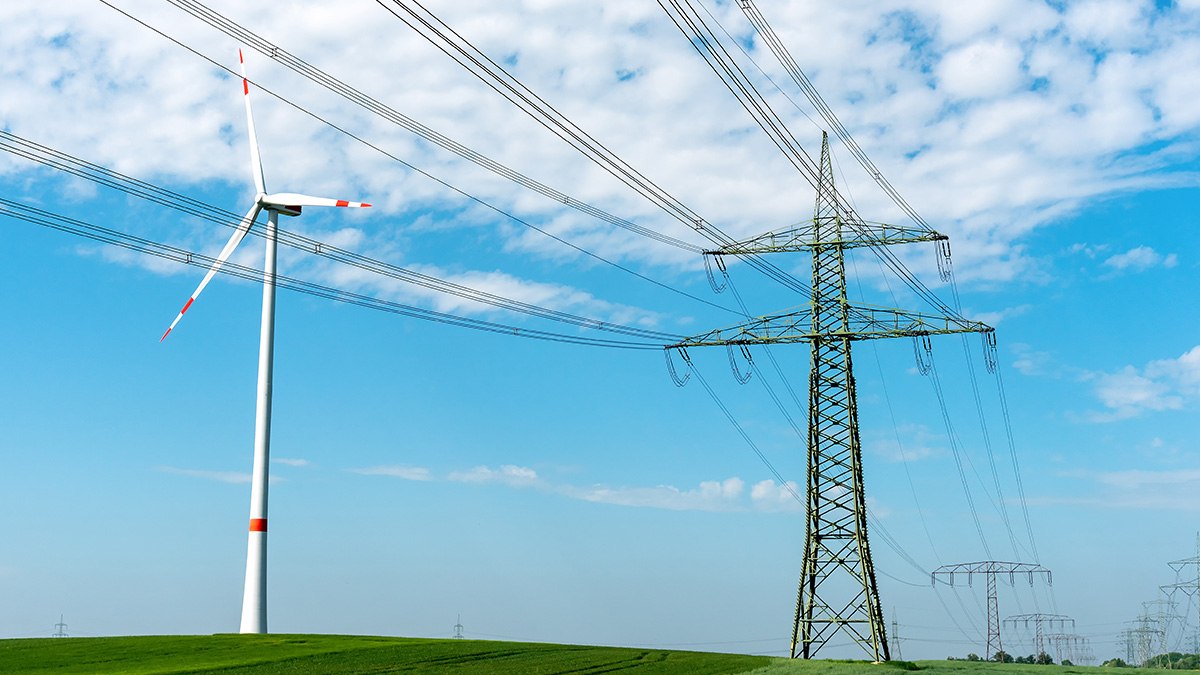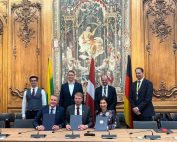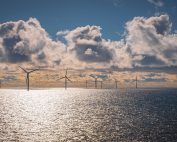Lithuania has ambitious plans to develop offshore wind energy. We ask the energy vice-minister of the Republic of Lithuania Daiva Garbaliauskaitė about opportunities for the country and upcoming plans.
BalticWind.EU: Offshore wind power – in which areas is this an opportunity for Lithuania?
Daiva Garbaliauskaitė: Offshore wind park in the Baltic Sea is one of the most important projects provided for in the National Energy Independence Strategy, which will increase the production of local electricity from renewable energy sources and reduce dependence on electricity imports. This is not only one of Lithuania’s most important projects for achieving the goals of climate neutrality across the EU, but also a strategic object of Lithuania’s energy independence.
The implementation of the offshore wind development project will significantly increase local electricity generation and bring Lithuania closer to energy independence goals. Offshore wind power plants could produce about 2.5-3 TWh per year, which is almost 25 percent of Lithuania’s current electricity demand. These power plants are planned to generate about 20.1 TWh of electricity until 2040 and will remarkably increase the share of renewable energy sources (RES) in the electricity generation balance.
This project is also important in other areas, as the development of infrastructure will create additional jobs in the transport, construction and services sectors, and the port of Klaipėda will be developed.
What are Lithuania’s plans to develop offshore power in the Baltic Sea? At what stage of development are these plans now?
In June last year, the government envisaged that a wind park of up to 700 MW is expected to be installed in an area of the Baltic Sea about 40 km from the coast until 2030. The Seimas of the Republic of Lithuania is currently discussing a package of draft laws proposing to establish a support scheme for offshore power plants and a model for their connection to land grids. Preparatory work is also under way, with a territorial planning document being prepared, public procurement for environmental impact assessment of these plants and other necessary studies being carried out. The preparatory work is expected to continue over the coming years and the planned support scheme will be coordinated with the European Commission.
Does Lithuania plan to develop the port infrastructure necessary for the development of offshore wind energy in Lithuania? What are your concrete plans in this area?
In preparation for the development of offshore wind energy, it is necessary to ensure proper conditions; so in order to properly prepare the port infrastructure, the Ministry of Energy shall cooperate with the Ministry of Transport and Communications, which oversees port activities. The Klaipėda State Seaport is tasked with building, modernising and developing the infrastructure necessary for the production, assembly and/or storage of wind power plants and their components. Opportunities for offshore wind energy technology production are currently being assessed, attracting investments in the production of these technologies in the port of Klaipėda.
Countries that generate offshore wind power focus on high-level local content. How does Lithuania intend to involve local companies and entities in the Lithuanian offshore wind supply chain? According to the Ministry’s information, how many Lithuanian companies are currently operating in this sector?
Several companies are already operating in Lithuania, producing components for wind power plants. International companies are expected to be interested in developing offshore wind energy. For this purpose, information about Lithuania’s plans to develop offshore wind energy shall be made public.
Is Lithuania considering cooperation with other countries in the Baltic region? In what areas – according to Lithuania – is cooperation between all Baltic region countries in the context of offshore wind development crucial?
Various possibilities for cooperation are currently being explored. In Lithuania, as in Poland, the development of offshore wind energy is one of the most important energy projects of the coming years, so we see great potential for cooperation in this area. Cooperation between the Baltic region countries in the field of network development, the development of joint projects, research and innovation is particularly vital. Energy Minister had already met with senior Polish officials to discuss opportunities for cooperation in both the offshore wind area and other areas of renewable energy.
Thank you
